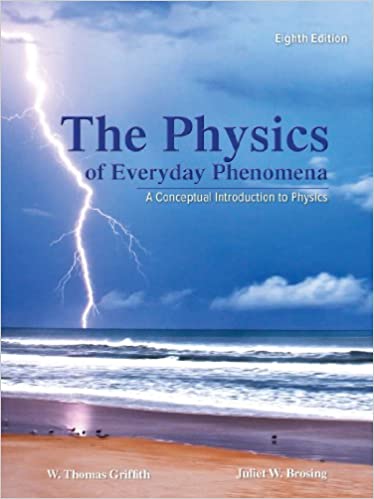
Instructor Access (optional grading support) for Unlimited Access families is available for this course!
Join this introductory physics course designed to help non-STEM centered students understand foundational physics principles. If you would like your student to learn major concepts from a non-mathematical perspective, come to appreciate the beauty found in science, and earn a high school physics credit, then this is the course for you.
How to get the most out of Basic Physics, Part One with Inshal Chenet:
-
First, read the course materials below before the first class meeting.
-
Then have a notebook ready and available for class notes each live session.
-
Read assignments before class meetings
-
Watch that week’s recording if you need to revisit information from our live session.
-
Do the assignments, quizzes, and any extra work assigned for that week.
-
Once the course is completed to the parent's and professor’s satisfaction, there is a Certificate of Completion at the end to be filled in for your records.
Note: This is Part One of a 2-Part course. Students are expected to sign up for Part Two in the spring.
Total classes: 12
Duration: 55 minutes
Prerequisite: Completed one year of Pre-algebra
Suggested grade level: 10th to 12th grade
Suggested credit: One full semester Physics
Instructor: Inshal Chenet
Instructor Email: inshalj@gmail.com
Course description: This is the first of a two-semester course sequence on introductory physics. In this course physical principles involved in motion, energy, and fluids, will be demonstrated in the classroom by use of everyday devices with an effort to set them in their historical and philosophical contexts. The overall goals are to help the student understand the major concepts of physics from a non-mathematical perspective and to appreciate the interaction of these physical principles in nature. This course is especially focused for students who are not planning on a STEM field but still desire a foundational knowledge of Physics.
Course outline:
Week 1: Motion
Week 2: Gravity and Acceleration
Week 3: Newton’s Laws of Motion
Week 4: Circular Motion
Week 5: Review for Midterm
Week 6: Momentum & Impulse
Week 7: Energy
Week 8: Rotational Motion
Week 9: Fluids
Week 10: Heat
Week 11: Heat Engines
Week 12: Review for Final
Course materials: The Physics of Everyday Phenomena, 8th Edition by E. Thomas Griffith and Juliet W. Brosing, ISBN 978-0073513904 (https://amzn.to/38jAeRo or BookFinder.com).
Homework: Each week, students will be required to read a selection from the
textbook, take a short 10 question quiz, and occasionally watch or perform a simple
experiment on their own. If students are having difficulties there are extra practice
problems in the book they can do to support their knowledge.
- Teacher: Inshal Chenet